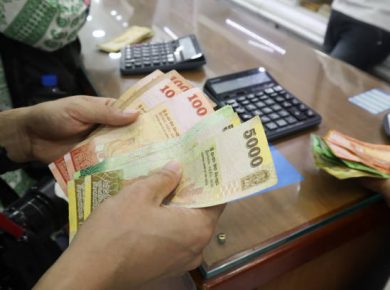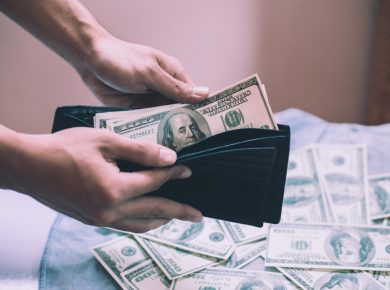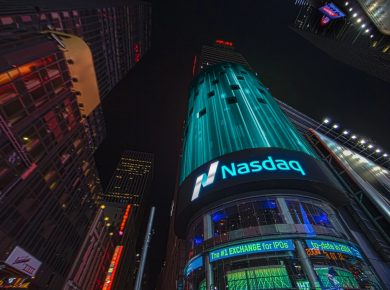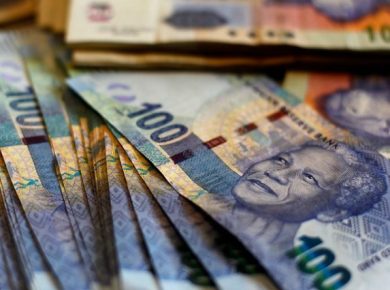The country’s plan to inject extra money into its banking system signifies that officials aim to prevent a funding crunch amid a seasonal rise in financing demand and the increasing debt issue at China Evergrande’s.
On Friday, the People’s Bank of China added the most funds via seven-day and 14-day reverse repurchase agreements, totaling 90 billion yuan ($14 billion). As a result, the banking industry received more than 10 billion yuan in new short-term liquidity in a single day, and this is for the first time this month.
What has happened?
The fact that the world’s most indebted company has missed a significant payment deadline has exacerbated a crisis in that country.
Evergrande, one Of the Greatest Chinese real estate developers with more than $300 billion in liabilities (£228 billion), could not pay interest to overseas investors.
Evergrande was declared in default by Fitch, an organization that rates the financial risk of enterprises.
Investors are concerned that the crisis may expand to China’s banking and real estate sectors.
Evergrande was expected to repay the interest on nearly $1.2 billion in foreign loans on Monday. However, the monies had not been transferred by Wednesday.
Evergrande may have challenges negotiating a restructuring with investors after Fitch, one of the world’s top credit rating agencies and firms, declared that the company was in default on Thursday.

Fitch’s risk ratings are constantly monitored by major investors willing to invest billions of dollars, and the company claimed it contacted Evergrande about the nonpayment but received no response. As a result, it noted that “we think they were not paid.”
According to analysts at Societe Generale SA, led by Wei Yao, the PBOC’s primary priority is to avoid a systemic liquidity constraint, and it has the instruments to do so. “A Lehman-style financial market collapse is not our main concern,” the statement says, “but a prolonged and severe economic slump appears more likely.”
However, the PBOC’s actions have not resulted in lower money-market rates. The seven-day repo rate, a measure of interbank borrowing rates, rose by 14 basis points to 2.4 percent on Friday, the highest level since June 30.
What exactly is Evergrande’s business?
Evergrande, formerly known as the Hengda Group, was founded in 1996 in Guangzhou, southern China, by billionaire Hui Ka Yan.
Evergrande’s Real Estate now owns over 1,300 projects in over 280 Chinese cities.
Real estate development is no longer a vital aspect of the Evergrande Group.
Its industries include food and beverage production, electric vehicle manufacturing, and wealth management. In addition, it owns Guangzhou FC, one of the country’s best football teams.
According to Forbes, Mr. Hui, who was once Asia’s richest man, has a personal worth of more than $10 billion (£7.3 billion), despite seeing his fortunes decrease in recent months.
What caused Evergrande’s difficulties?
Evergrande quickly evolved to become one of China’s top enterprises by incurring more than $300 billion in debt.
Last year, Beijing enacted new laws to limit the amount owed by large real estate developers.
Evergrande used the new regulations to market its homes at substantial discounts in order to ensure that enough money was flowing in to support the corporation.
It is currently having difficulty making debt interest payments.
Due to this uncertainty, Evergrande’s share price has dropped by approximately 90% in the last year.
Why would it matter if Evergrande failed?
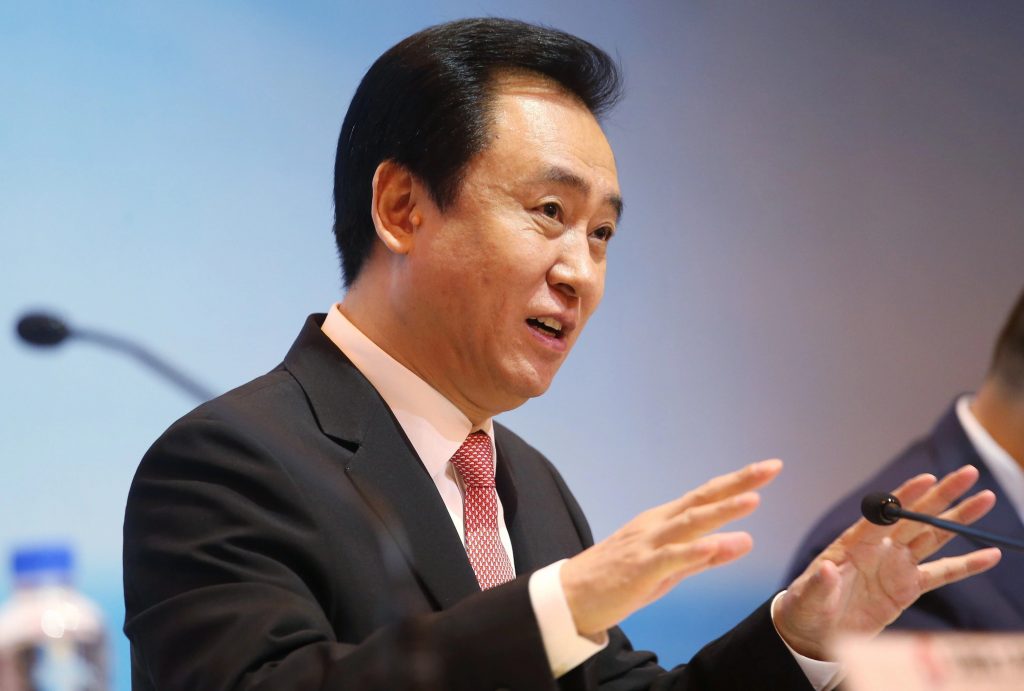
Evergrande’s problems are crucial for several reasons.
To begin with, many people purchased Evergrande real estate before building began. If it fails, they may lose the deposits they have made.
There are also businesses that do business with Evergrande. Construction and design firms, as well as material suppliers, face enormous losses that could force them into bankruptcy.
Third, if Evergrande defaults, This will force banks and other lenders to cut back on lending. This could have an impact on the Chinese financial system.
This might lead to a credit crunch, making it harder for firms to acquire loans at acceptable rates.
The world’s second-largest economy would suffer tremendously from a credit crunch because businesses that cannot borrow find it difficult to expand and, in certain situations, sustain operations.
As a result, foreign investors may get concerned and reconsider investing in China.
China Evergrande is a small company.
In the grand and big scheme of things, a $4 billion market cap is little. Toll Brothers, a homebuilder in the United States, has a market capitalization of $7.2 billion. Even if Toll Brother fails, the American economy will not be destroyed. Instead, the company’s assets would most likely be purchased in a fire sale by its competitors.
Furthermore, we have been watching China Evergrande’s demise for the past five years. Investors are not immediately alert to the company’s massive and potentially unsustainable debt load.

The Chinese government can easily save China Evergrande because if they do not, thousands of regular people and customers will lose a significant amount of money on deposits or purchases.
As a result, I believe the government will do so, but in a way that minimizes moral hazard for other deeply indebted firms.
Get the Dips If China Evergrande Causes Additional Problems
If there is another sell-off as a result of the China Evergrande debacle, I will buy more stocks. It would be ludicrous to compare China Evergrande’s demise to that of Lehman Brothers in 2008.
In February 2007, the market capitalization of Lehman Brothers was $60 billion. That year, Lehman underwrote the most mortgage-backed securities of any company, amassing an $85 billion portfolio, or four times its stockholders’ equity. Lehman had a tremendous impact on the entire American economy.
During the Global Financial Issue, there was a significant debt crisis. Not a single company went into debt excessively. A country’s worth of avaricious home buyers applied excessive leverage. In truth, it was a field teeming with greedy bankers who also extended excessive credit.
Because of the Federal Reserve’s unequivocal message, I aim to buy any upcoming drops. The Federal Reserve indicated on September 22, 2001, that it would likely begin reducing its monthly bond purchases as early as November 2021. Furthermore, it suggested that the US central bank’s shift away from pandemic crisis measures may occur sooner than expected.
Markets usually respond unfavorably to early signs of tapering. The bond market, on the other hand, barely moved on the day the Federal Reserve made its announcement. This demonstrates that tapering expectations are already there.
An Important Debt Management Reminder

The China Evergrande’s financial crisis teaches you how to manage your debt.
Greed is the primary cause of excessive debt. In a bull market, it is easier to take on debt in order to create bigger returns. However, asset inflation will eventually slow, and your sources of income may cease to function.
As a result of the spur, keep an eye on your asset-to-liability ratio. In general, a higher ratio is preferable.
To Increase Wealth, Use Debt Wisely
The best sort of debt is mortgage debt. Home debt is the best sort of debt because it is based on a historically appreciating asset. Long-term success is dependent on your capacity to incur debt at a low enough cost as the asset appreciates faster.
View my top two real estate crowdfunding sites. Registration and exploration are both free.
Fundraise: Accredited and non-accredited investors can diversify their real estate investments through private eFunds. Fundraise has consistently earned solid returns since its inception in 2012, regardless of how the stock market performs.
CrowdStreet: A platform that connects qualified investors with unusual real estate businesses, primarily in 18-hour cities. 18-hour cities offer lower valuations, greater rental yields, and the potential for stronger growth as a result of demographic changes and job development.
Note: The Above mentioned tips are mere advices in general and are not accountable, Please conduct your research before any major decision to see what works for you.
Thank You For Reading 🙂 Read The Latest: Signs That Its Time To Change Your Credit Card

